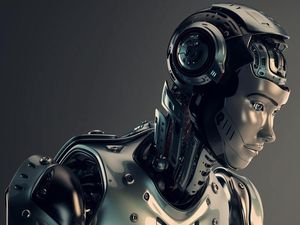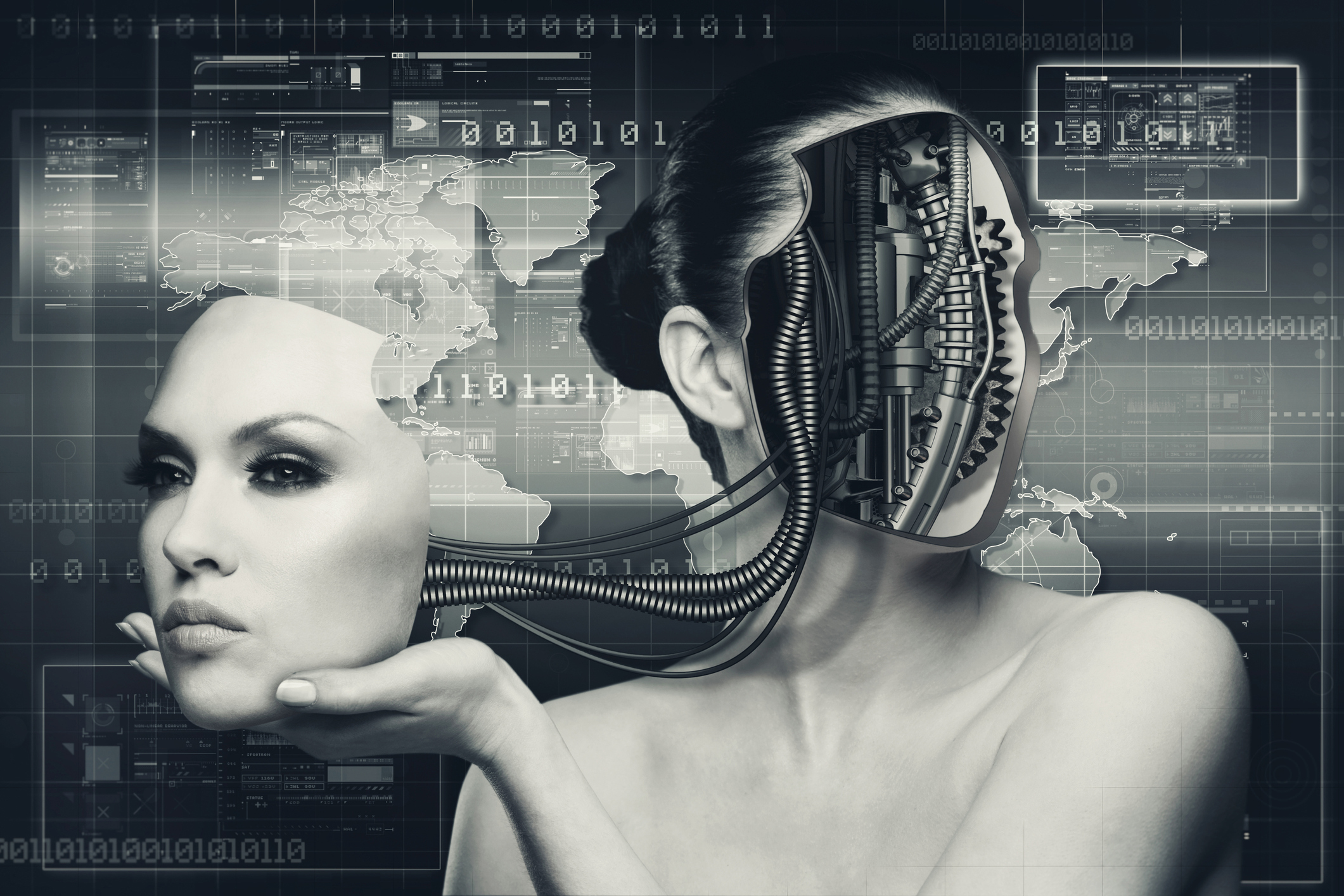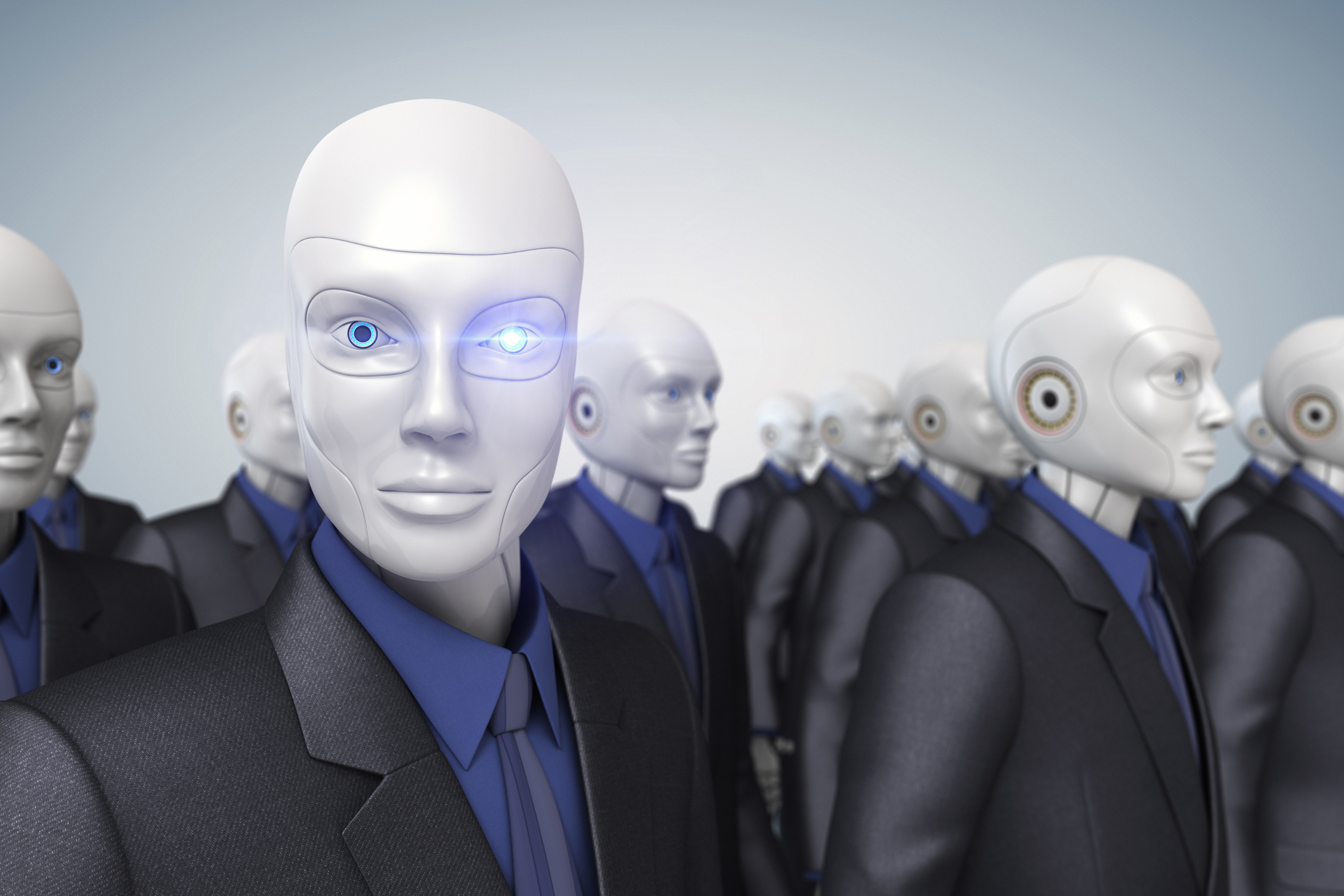Sex robot revolution could encourage rape and paedophilia, says artificial intelligence expert
While they could offer helpful services to people, Noel Sharkey warns they could also be extremely dangerous.

A new generation of life-like and lusty sex robots could soon be thrusting society into uncharted and dark territory, an artificial intelligence expert has warned.
According to Professor Noel Sharkey from the University of Sheffield, these AI robots could have a major impact on society depending on their affordability and people’s willingness to allow them into their lives.
A new report co-authored by the professor seeks to raise awareness of sex robots and has grim warnings about the “dark side” of the rapidly advancing technology that could involve issues of rape and paedophilia.
Four US companies are already selling an assortment of the randy androids, aimed at both men and women, with names including Roxxxy Gold and Harry Harddrive. Prices range from just under £4,000 to £11,600 for the “Harmony” supermodel.
They have silicon skins fitted with sensors that respond to touch, and some have pre-programmed emotions and personalities.
Prof Sharkey believes, in future, sex robots could be populating brothels, providing entertainment at stag nights and helping people live out guilt-free threesome fantasies.
While they could also offer therapeutic and helpful services to people, he adds other aspects of the sex robot revolution could be extremely dangerous.

He revealed inanimate child sex dolls have already been manufactured and exported from Japan by a self-confessed paedophile.
They are not illegal in the US, but a consignment of the dolls have been seized in Canada, which has strict laws on representing children as sex objects.
One sex robot, Roxxxy Gold, made by the US company TrueCompanion, comes with a choice of personalities including shy and reserved “Frigid Farrah” and adventurous “Wild Wendy”.

He also believes some of the sex robots, such as top-of-the-range Harmony, are extremely lifelike, which presents a problem that could reduce their acceptance in society. Prof Sharkey calls it the “uncanny valley” effect.
“As a robot becomes more human-like, it gets creepier and creepier,” Prof Sharkey said. “All these robots that are very human-like look like spooky psycho killers to me.
“You don’t know if they’re going to have sex with you or slit your throat.”




